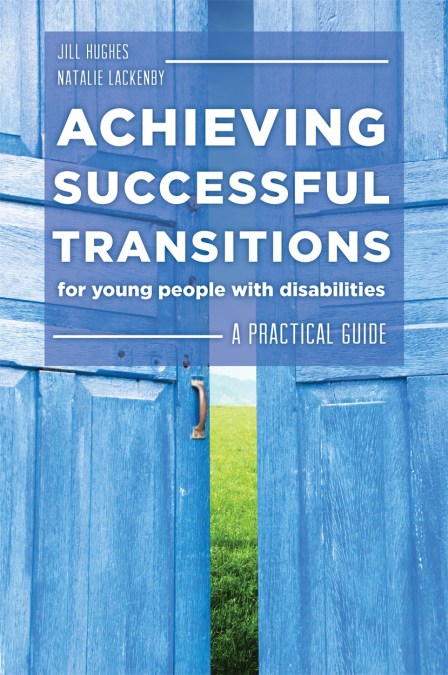This best practice guide provides a blueprint for managing seamless transitions between services for young people aged 16-25 with additional needs, including learning disabilities, physical disabilities, complex health needs and sensory impairments.
The authors cover a wide range of transitions, including moving from children’s to adult’s services, from school to college, leaving education and gaining work experience and employment and supporting young people to live independently. They include key information on policy and legislation, the statutory duty of local authorities and health, housing and education agencies, and describe the impact of the new Education, Health and Care (EHC) Plans. With a wealth of practical, common sense guidance for navigating this complex area of work in a timely, efficient and cost-effective manner, the book will guide practitioners and students step-by-step through the process of managing transitions, highlighting best practice and providing evidence-based models to ensure the best possible outcomes for service users and their families.
An essential resource for all those involved in supporting young people with additional needs through transitions, including social workers and social work students, occupational therapists, speech and language therapists, health professionals and special education teachers.
The authors cover a wide range of transitions, including moving from children’s to adult’s services, from school to college, leaving education and gaining work experience and employment and supporting young people to live independently. They include key information on policy and legislation, the statutory duty of local authorities and health, housing and education agencies, and describe the impact of the new Education, Health and Care (EHC) Plans. With a wealth of practical, common sense guidance for navigating this complex area of work in a timely, efficient and cost-effective manner, the book will guide practitioners and students step-by-step through the process of managing transitions, highlighting best practice and providing evidence-based models to ensure the best possible outcomes for service users and their families.
An essential resource for all those involved in supporting young people with additional needs through transitions, including social workers and social work students, occupational therapists, speech and language therapists, health professionals and special education teachers.
Newsletter Signup
By clicking ‘Sign Up,’ I acknowledge that I have read and agree to Hachette Book Group’s Privacy Policy and Terms of Use
Reviews
Transitions are notoriously difficult times for young people, their families - and especially so for those with disabilities. All too often the heavy case load pressures on staff mean that key legal requirements are overlooked and valuable relationships are lost when key professionals 'move on' during the perpetual reorganisations that occur in health and social care.
A book spelling out the key good practice, policy and legal requirements during the transition process is long overdue and most welcome. It is all the more important given the major legal and policy changes that flow from the enactment of both the Children and Families Act 2014 which creates new and detailed obligations on social services authorities in relation to disabled children, their carers and young carers negotiating the transition process.
Of great value not only because of its comprehensive coverage and detailed illustrations of timely issues in welfare and social service provision for young persons with disabilities... but also because of its step-by-step guidance for service delivery. This is particularly informative and helpful to the helping professionals in China, especially those working on the frontline in service planning for young persons with special needs.
